Southern Gulf of St. Lawrence cod could be extinct by mid-century: report
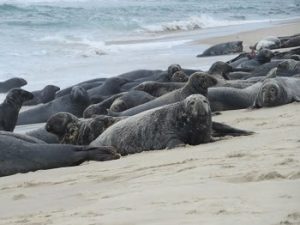
There is a high probability that Atlantic cod will be locally extinct in the southern Gulf of St. Lawrence by mid-century — even with no commercial fishing, according to a new report. The paper, published in the Canadian Journal of Fisheries and Aquatic Sciences, says the death rate now stands at 50 per cent for adult Gulf cod five years and older. The likely culprit? Grey seals. “That high a natural mortality is not sustainable,” says Doug Swain, a federal Fisheries Department scientist who co-authored the study. >click to read<10:12



































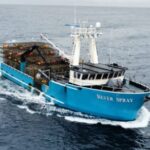
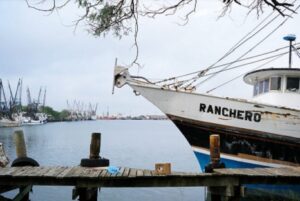
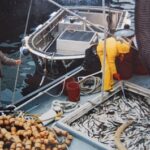




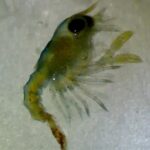




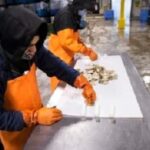



“Dalhousie University biologist Jeff Hutchings says the downward spiral facing Gulf cod is a good example of what can happen to an overfished species.”
What would Dalhousie University do without the misleading terms “overfishing” and “overfished”, and, of course, fishermen as scapegoats. How could they rake in their Pew (oil money) grants? And how could they, without those grants, have given us such anti-fishing luminaries as Boris Worm (only jellyfish left by 2048) and Daniel Pauly (fishing down the food chain)?
Thank you Dick for calling them out on these elective prognostications.
While in this case the cause & effect is again laid at the feet of the fishermen, no blame or cause of the previous (1980s-1990s) cod “extinction”i,e,, groundfish collapse has been accurately assigned.
Although they supposedly mentioned 10 possible hypothesis, they did not even mention that at that time, there was also a “collapse” of a major food source of the cod; the capelin! (Mallotus villosus).
Again, it was much easier to portray the fisherman as the evil culprit, & keep their coffers well funded by the truly evil, & sanctimonious environmental industry!
Jim Kendall – NBSC